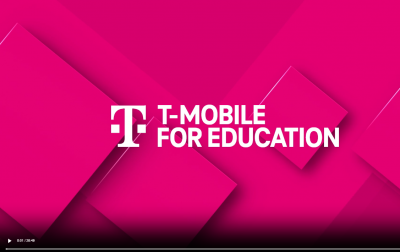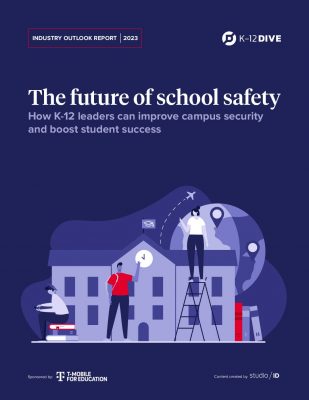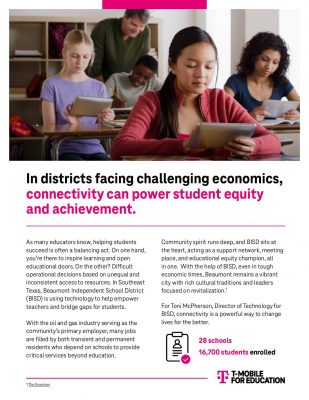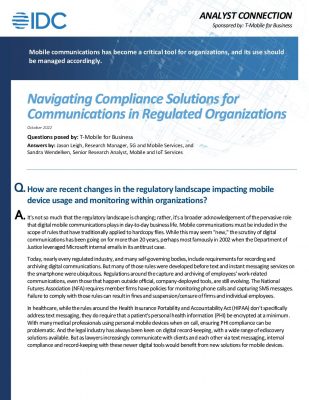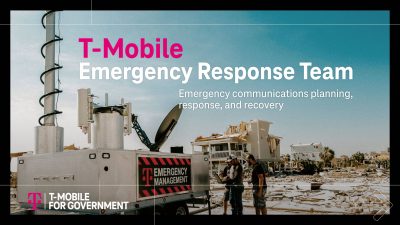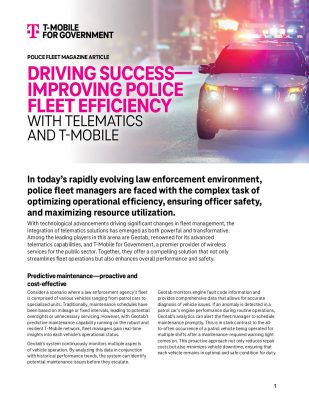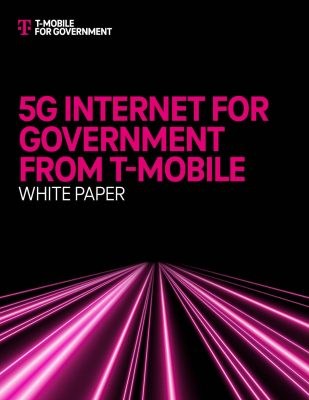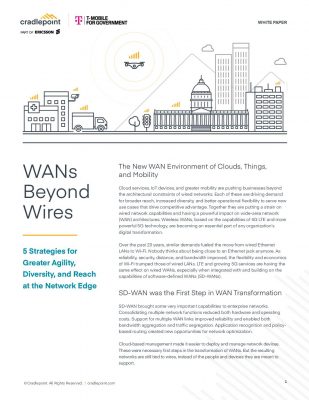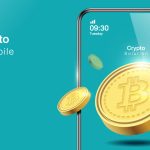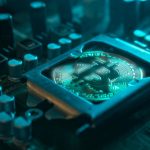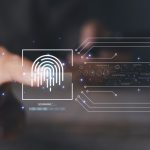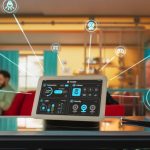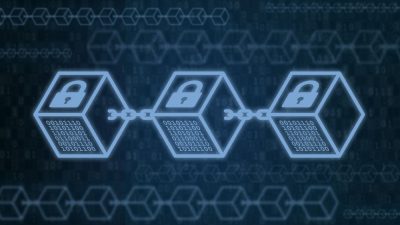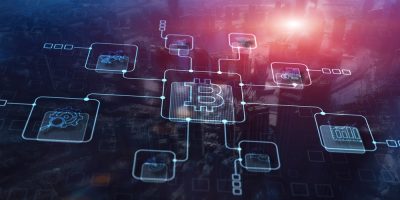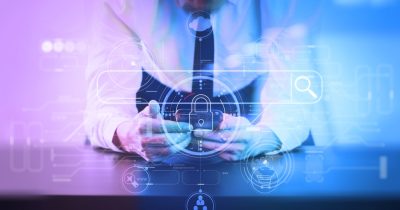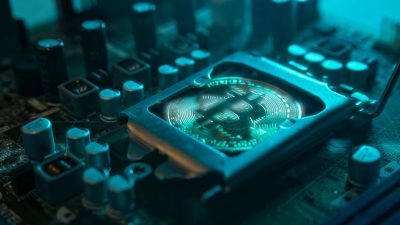Highlights:
- Worldcoin’s parent firm, Tools for Humanity, uses iris-scanning technology to authenticate customers’ humanhood and award them a World ID, which it calls “proof-of-personhood.”
- With the Worldcoin Protocol, users may use World ID and World App to buy services and products on the network using the cryptocurrency they earned by scanning their irises.
Sam Altman, Chief Executive of OpenAI LP and Co-founder of the identity-proving cryptocurrency project – Worldcoin, recently launched its protocol and application with plans to expand globally.
Tools for Humanity, the company behind Worldcoin, employs iris-scanning technology to verify that users who sign up for accounts are actual humans and not machines to issue them a World ID, which the company describes as “proof-of-personhood.”
To accomplish this, users must utilize a scanner known as an “Orbs,” which are enormous spheres containing the scanning technology. This generates a biometric authentication for each user and WLD cryptocurrency, which may be used for Worldcoin network transactions.
The initiative states that retinal scans are not stored on the network. The system utilizes cryptographic hashes that represent the scans to prove their humanity.
Alex Blania, the Worldcoin project’s Co-founder and Tools for Humanity Chief Executive, said, “In the age of AI, the need for proof of personhood is no longer a topic of serious debate; instead, the critical question is whether or not the proof of personhood solutions we have can be privacy-first, decentralized and maximally inclusive.”
The initiative contends that as AI bots become more intelligent and human-like, it will become harder to distinguish them from actual humans. As a result, maintaining trust will become an increasingly vital aspect of our lives, and the combination of biometric evidence and blockchain technology will make this possible.
With the introduction of the Worldcoin Protocol, users will now have access to both World ID and World App, allowing them to use the cryptocurrency they earned by scanning their eyes to purchase services and products on the network using their devices. During the beta test, World App had several use cases, including proof of personhood, “Worldcoin Grants,” which are token stipends distributed weekly to eligible individuals, and the ability to transmit and receive tokens.
According to Worldcoin, the initiative has deployed Orbs globally and exceeded 2 million World ID registrations during its beta phase since its inception in 2021. The company deployed Orbs in Barcelona, Seoul, Buenos Aires, Berlin, New York, and Tokyo, among other cities. Post-launch, the company plans to expand its operations to more than 35 cities in 20 countries to increase signups.
To incentivize individuals to scan their irises, Worldcoin rewards Orbs signups with WLD.
Privacy advocates were concerned about the Worldcoin system’s use of iris-scanning to generate its “proof-of-humanity” network and the type of data stored on the network upon its release. However, according to the project, actual images of people’s eyes are never retained; only cryptographic representations of their unique irises are used to identify them and prevent multiple signups.
Tools for Humanity raised USD 115 million in May through a Series C financing round sponsored by Blockchain Capital, providing the company with substantial capital for its global expansion. The company also stated at the time that it intended to construct the network to support a form of universal basic income if artificial intelligence begins to disrupt the labor market.
The WLD tokens of Worldcoin are now accessible in personal cryptocurrency wallets. The token is listed on prominent cryptocurrency exchanges, such as Binance, Huobi, and Bybit. MEXC, Bitrue, BitMart, Bitget, LBank, Bithumb, and KuCoin are among the additional exchanges that have announced WLD listings.






